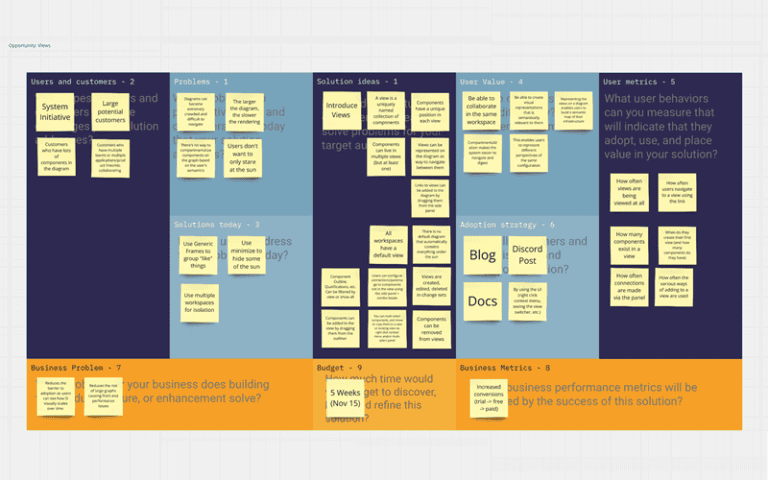DevOps is expanding. The portmanteau-powered coming together of developers and operations staff had actually been happening many years before it was officially codified and labelled with its own name. But given the need to create a more centralised mission to create software with a singular and unified mindset, the reinforcement process that DevOps has championed are rarely argued to be a bad thing. Now though, the DevOps team gets a new member… and that’s in the form of AI.
This is the opinion of Adam Jacob, CEO of System Initiative, a company known for its collaborative power tool that allows software engineers and operations team members to tackle complex infrastructure and application management problems.
Jacob thinks that AI integration in DevOps is evolving beyond initial enthusiasm to more practical applications. Key areas for AI integration include authoring and modeling third-party APIs, assisting with infrastructure changes during outages and generating enterprise audit trails.
He also sees AI-enhanced user experience in DevOps tools that feature what he calls “AI sparkle buttons” for automating tasks and interactive feedback loops for vetting changes. This is because AI is increasingly seen as a technology enhancer rather than a complete solution.
An interactive feedback loop
“Rather than thinking about AI as something that’s going to write code and return it in a chat interface, we’re approaching it as a tool that knows the models and has all the data. It’s like, ‘Here’s what the change would look like. Do you like what you see?’ This interactive feedback loop is about vetting what the AI is doing in a very online, very multiplayer way,” explained Jacob.
But are there any pitfalls to be aware of here? DevOps data could potentially be exposed as RAG (Retrieval-Augmented Generation) sources for enterprise AI systems. Current AI limitations in DevOps include the inability to fully manage infrastructure autonomously or write complex reports. So we might surmise that the focus is on practical, targeted AI applications rather than all-encompassing solutions.
“As an industry, we started out by thinking, ‘we’re going to have a single ‘god robot’ that we just pump all the exabytes of data to and we just let the machine sort it out’ in many ways,” said Jacob. “We’re learning that that creates a terrible user experience and is incredibly hard to track and secure. Instead, we’re starting to build really micro AI experiences that from a series of small experiences that build up to really compelling big ones.”
Appropriate AI integration
The move here then (towards appropriate AI integration in DevOps) involves recognising its strengths and limitations in the DevOps context. The future outlook includes continued refinement of AI applications in DevOps and the potential for more sophisticated, context-aware AI assistants. There’s also an emphasis on integrating AI capabilities into existing workflows and interfaces rather than creating separate AI-only interactions.
“If you’re thinking that what you need are autonomous agents that are going to go do stuff in the infrastructure under the control of the god machine and that the way we’re going to interact with those things is like plain text language, I just think you’re making a bad bet. The underlying technology is fantastic and it can do ridiculous things that you couldn’t do otherwise, but we need to rethink how we integrate it into our workflows,” said Jacob.
So then, the idea of DevOps AI as an all-knowing chatbot is being replaced by more targeted, task-specific AI implementations. Enterprise applications of AI in DevOps include summarising past interactions and providing quick access to relevant information.
Don’t unravel the whole ball
“When your ambition is to redesign how the system works from scratch, it means that once you start pulling on that thread, you kind of unravel the whole ball. We’re backing into LLMs as useful technology, not as a magical solution to all our problems,” concluded Jacob.
The DevOps industry is perhaps learning to balance AI capabilities with practical user experience considerations. Jacobs says that at System Initiative, the team has “completely reinvented” the user experience needed to make the process of getting software out into the world easier.
We’re not quite at the point where we talk about DevOpsAI or even DevAIOps, but the move to integrate more intelligence into the software application development lifecycle is happening.
